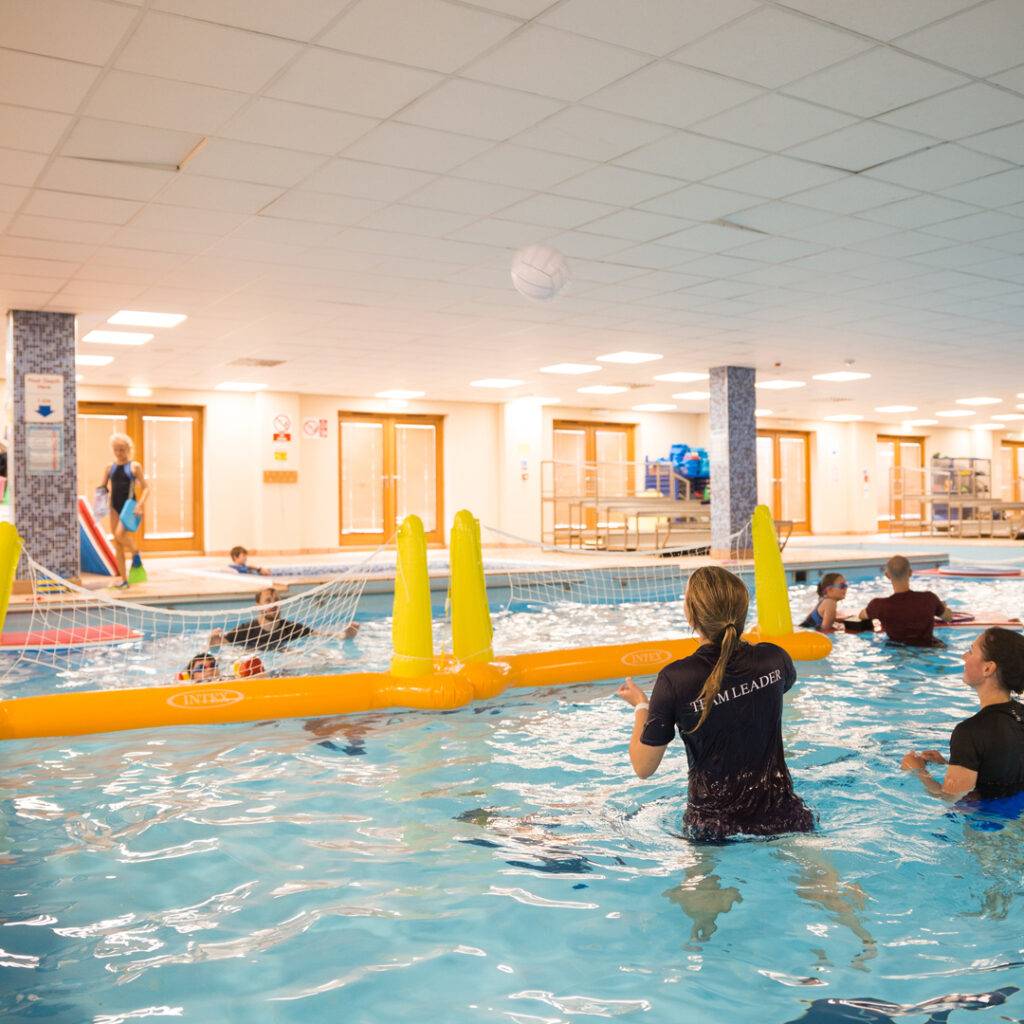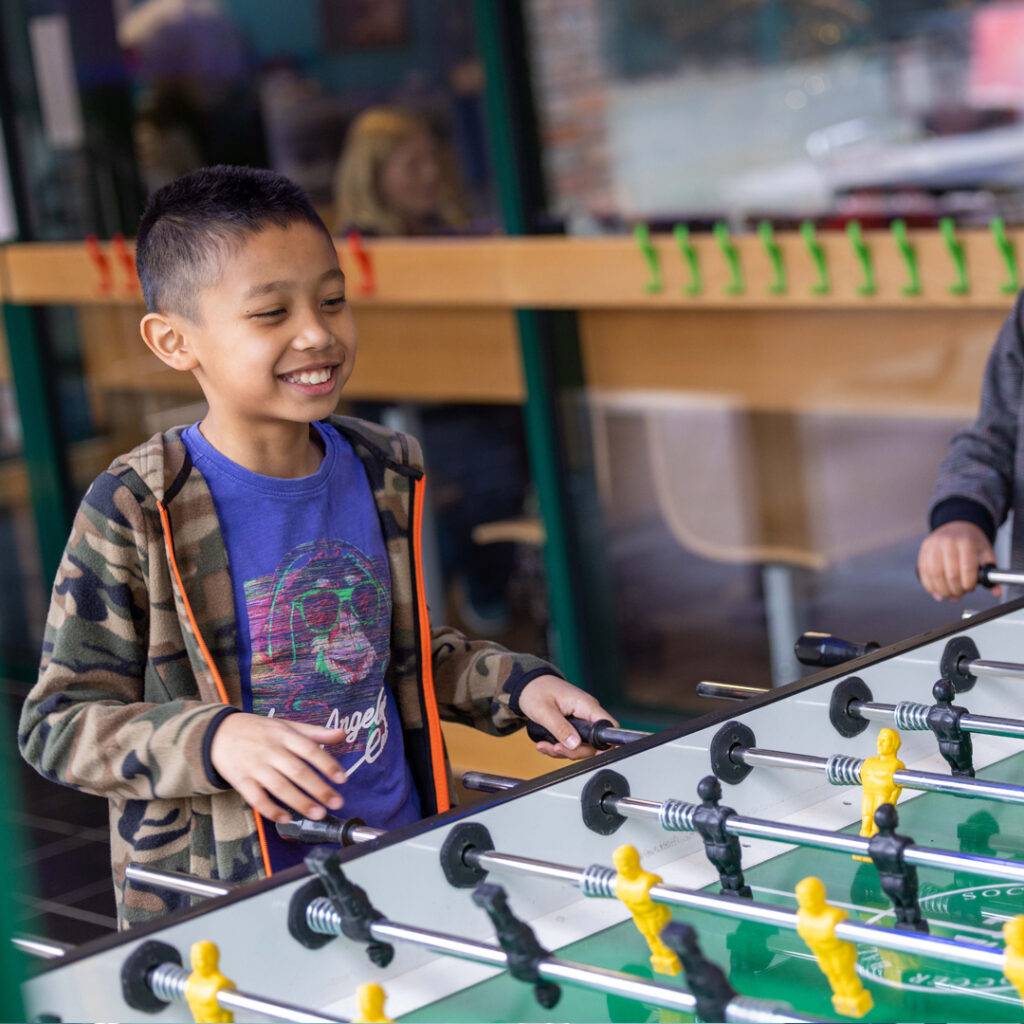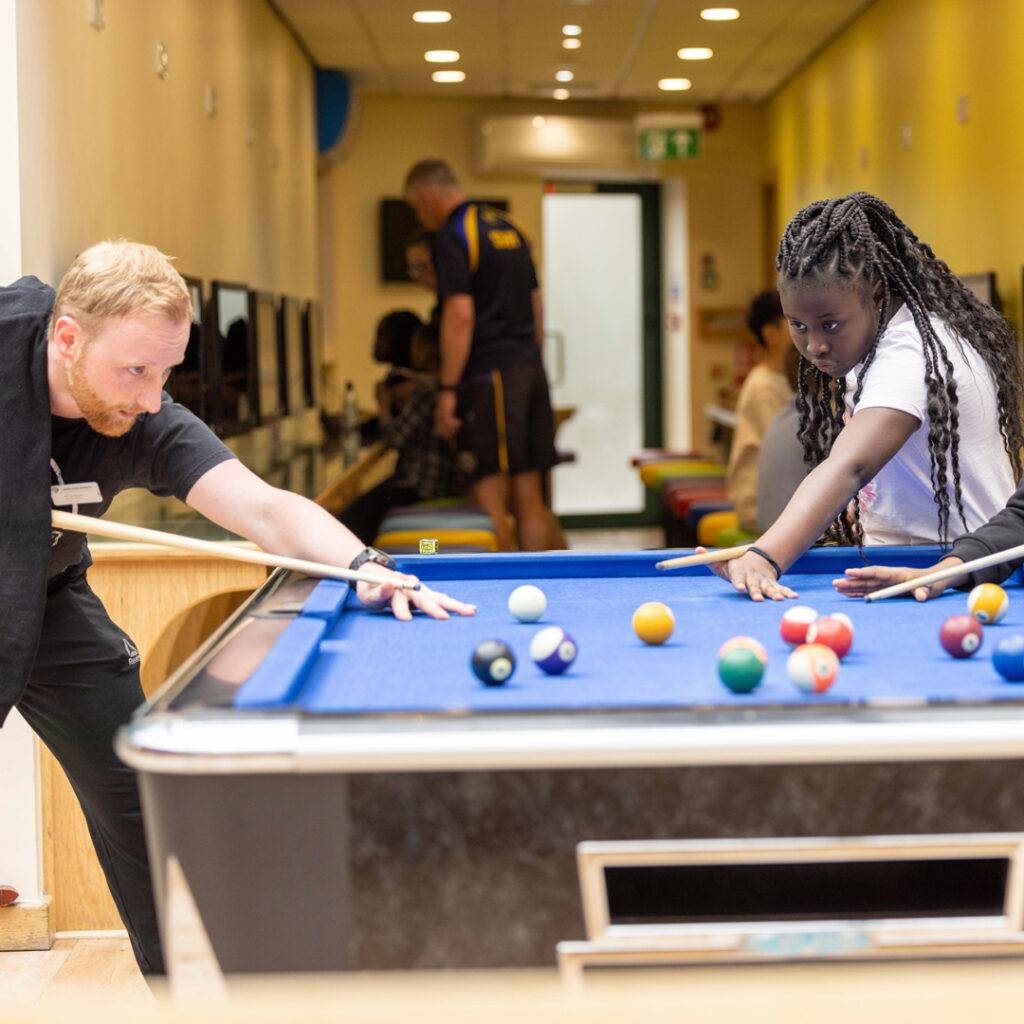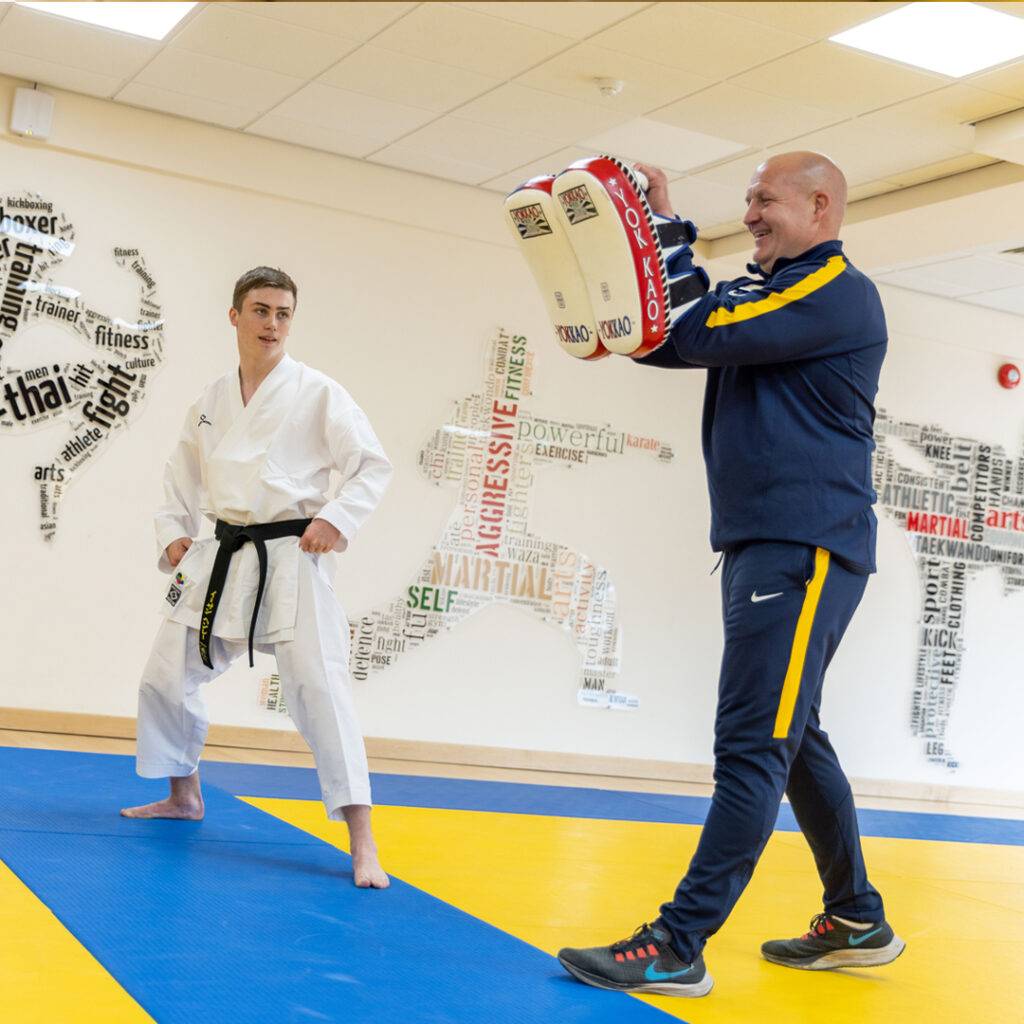Read more articles in our 2024 Education Guide
Head of Student Wellbeing at Queen Ethelburga’s Collegiate (QE), Jemma Holroyd examines the advantages students gain by being part of the school community
Becoming more worldly, thriving academically, developing life skills, well-rounded immersive learning, wellbeing and supportive networks can all be enjoyed as part of life as a boarder.
Become more worldly
One of the best benefits of boarding is being immersed in an international, diverse and enriching community. At Queen Ethelburga’s (QE), we have over 50 nationalities onsite, and we find that children mixing daily and building relationships with people from all over the world exposes them to different languages and cultures, which in turn makes them more knowledgeable and accepting of the many different identities and beliefs worldwide. It also develops the ability to communicate with all types of people, an invaluable life skill that helps each child throughout their life and careers.


Thrive academically
A large advantage of being a boarder is the additional specialist academic support available to them. Homework clubs, academic mentors, study groups, specific facilities and specialist tutors make up and extra-curricular study provision that has a huge impact on attainment. It also builds great habits as students study together independently in designated study areas at the same time each day.
Develop life skills
With the help of specially trained House Parents, boarders build effective life skills such as independence, self-care, resilience and responsibility. Their days are structured with meals, homework, free and wind down time all scheduled and recurring at the same time. This keeps students grounded, knowing what to expect and when. It also helps to create lifelong healthy habits such as mindfulness, a good sleep routine and effective time management.


Well-rounded, immersive learning
Perhaps the best benefit of boarding is access to many extracurriculars including clubs, teams, competitions, fixtures, activities, further learning, and exciting trips with friends. Furthermore, boarders get additional access to state-of-the-art facilities such as sports fields, courts, running tracks, music practice rooms, dance studios, the gym, the swimming pool and the theatre, which helps them to develop their skills outside of lessons and dedicated clubs.
Student wellbeing
Many boarding schools offer 24/7 support to students as well as specific activities on physical, emotional and mental wellbeing. Many campuses also have spaces for mindfulness, relaxation and spiritual or religious time. Most boarders excel in an environment where they get to live with their friends in a beautiful campus. The children also benefit from fantastic social facilities, ensuring they never get bored, such as home cinemas, gaming rooms, fast food cafes, coffee shops and more.
Build a supportive network
Because boarders benefit from much more time with friends, they bond like siblings, helping them to be better connected whilst maturing and for the future. And, as boarding schools encourage alumni relationships, they welcome past students back, host several alumni events each year, and will often sponsor and support their past students in achieving their goals.













